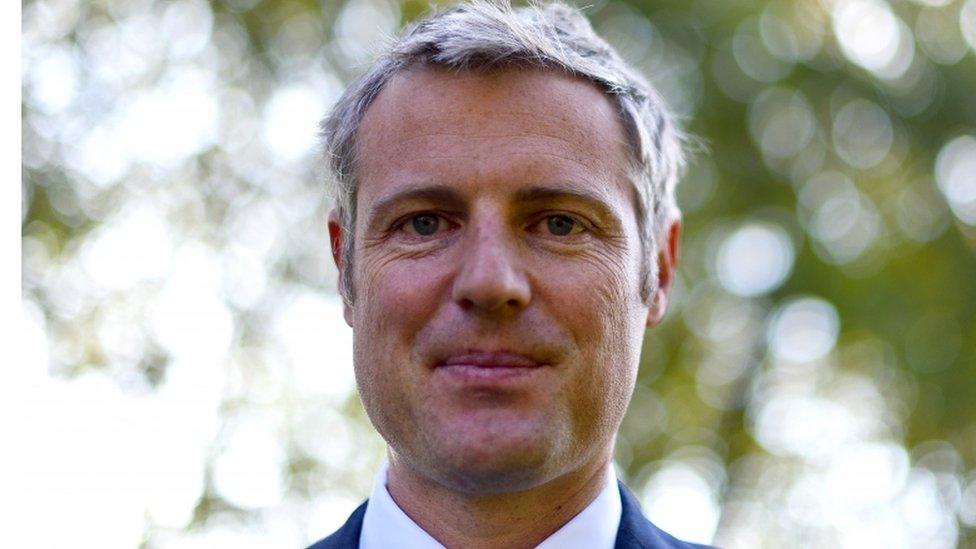How important are transport pledges on the mayoral election?
- Published
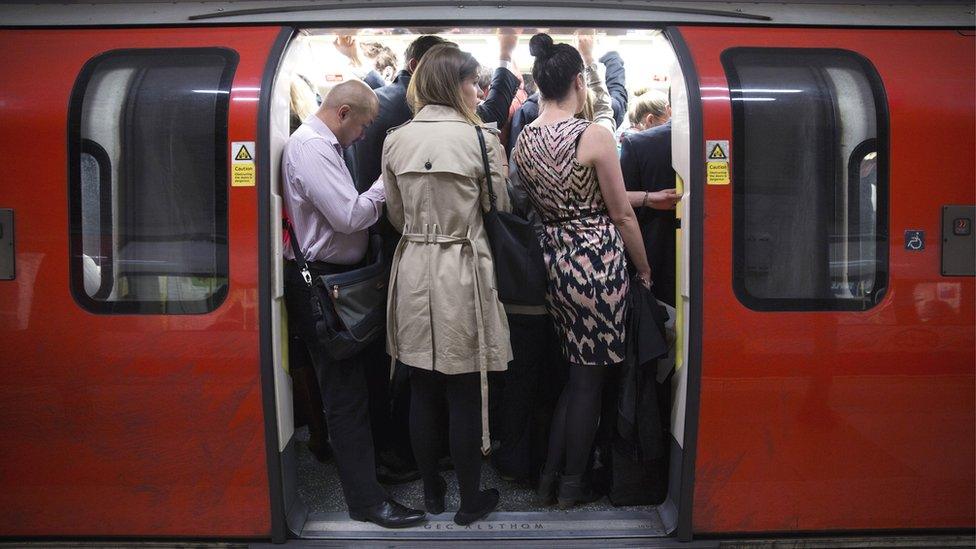
With its £11bn budget accounting for about two thirds of City Hall spending, transport is the mayor's biggest financial responsibility.
So pledges being made this week on fares by the 2016 mayoral contenders are worth examining closely.
Mind you, how far such retail offers affect voting intentions is a difficult one.
In 2012 Ken Livingstone pledged to cut fares and opinion polling suggested it was popular. But it wasn't enough to return him to City Hall.
Yet Boris Johnson was definitely worried by the Livingstone pledge and knew he had to pull out the stops to counter it.
It clearly affected his thinking.
In 2008 Johnson had promised to deliver consistent annual fare rises of two per cent above inflation to allow TfL's business plan to be fulfilled and maintain levels of investment.
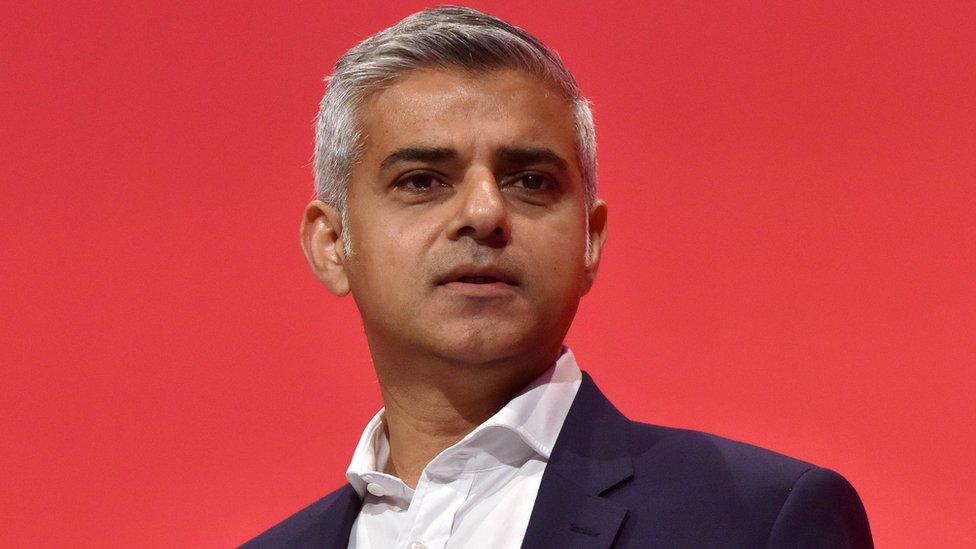
Labour's Sadiq Khan has promised to freeze fares
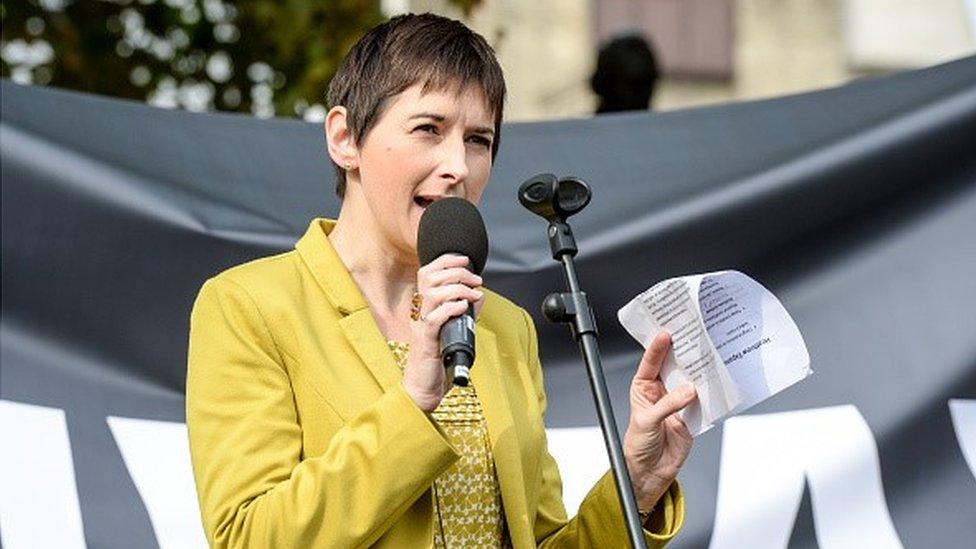
Caroline Pidgeon said the Lib Dem's transport proposals would ease crowding on the Tube
He explicitly ruled out stop-go fare decisions.
But two years into his second term - and with a general election looming - he and the Conservatives too succumbed.
For three years now, fare increases have been pegged to the rate of inflation only.
Now Labour's Sadiq Khan is promising a four-year freeze in cash terms - in other words, not even allowing them to go up in line with inflation.
He claims this will cost £450 million a year, which he says will be compensated for by efficiencies and better property deals.
Caroline Pidgeon - if Liberal Democrat mayor - would introduce half-price fares before 7.30am at a cost, she estimates, of £30m a year.
The Greens' Sian Berry promises a flat fare and the abolition of zones which, taken together with other measures, would cost about £260m a year.
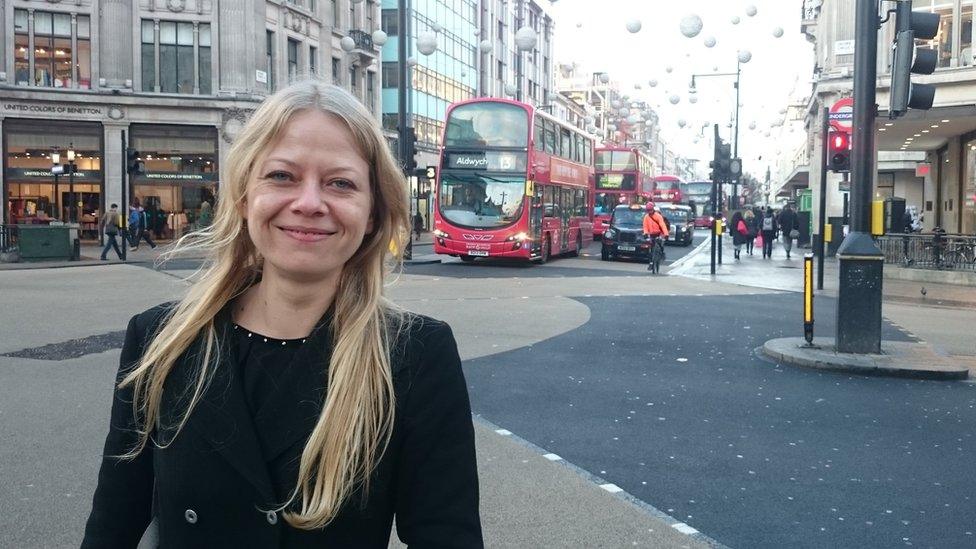
The Green's candidate Sian Berry has called for an abolition of zones
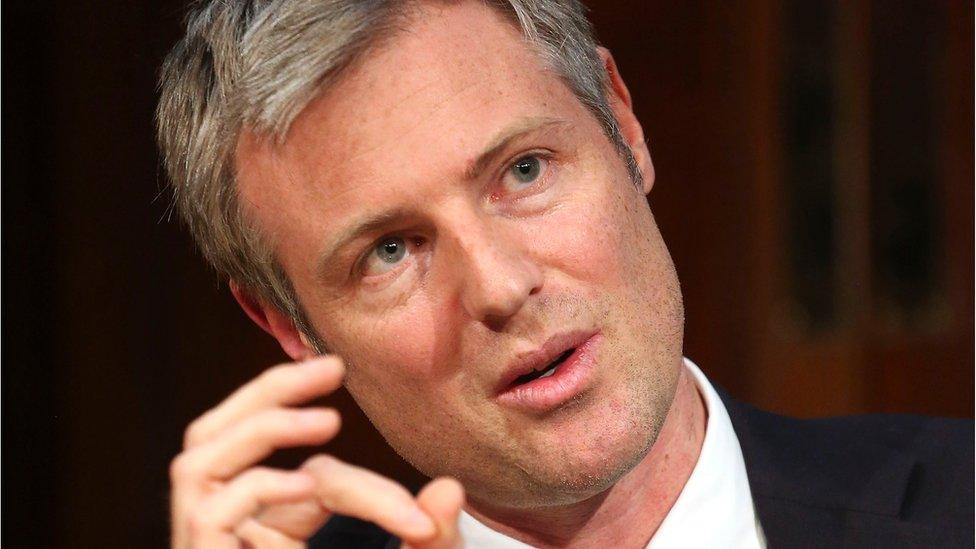
Conservative Zac Goldsmith has said he would "bear down" on travel costs
With all the pledges, the big unknown is how much extra income might be generated from a resultant increase in ridership.
The Conservative Zac Goldsmith has said that it is rash to promise fare freezes, not least when the Chancellor is turning off the grant tap - cutting £2.8bn over the next four years.
This will all revive the debate about whether over these last few years Londoners have been paying fairly today for improvements tomorrow.
And whether the burden has been shared reasonably - with taxpayers across the country - of modernizing the transport system of the "engine-room" of the UK economy.
But in the end, fares will be just one - albeit important - area which voters chuck into the mix when they consider the candidates' overall credibility and credentials to be mayor.
- Published5 January 2016
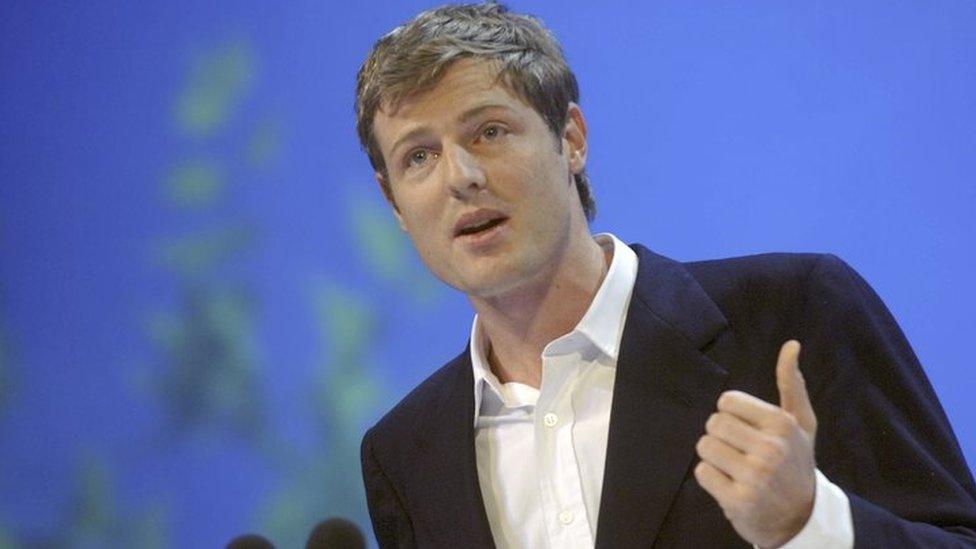
- Published6 January 2016
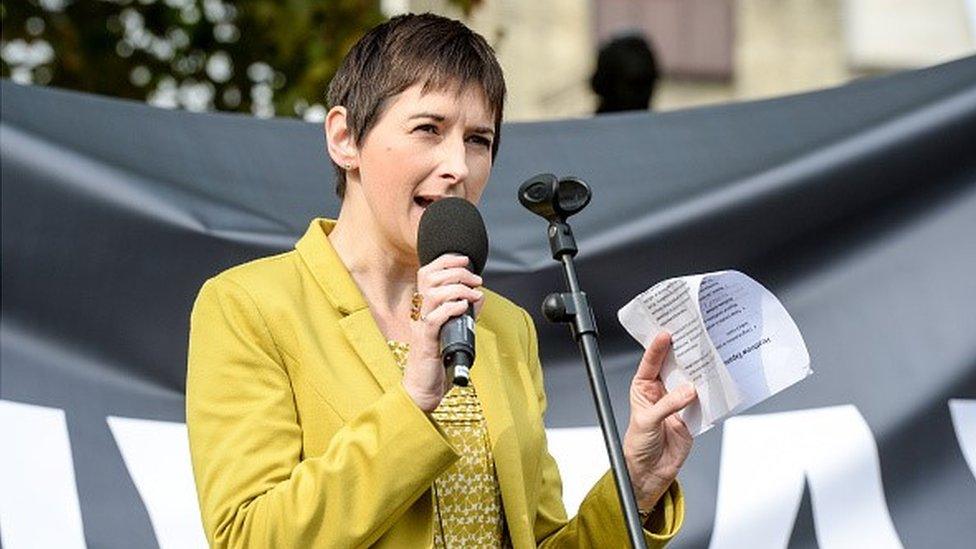
- Published11 September 2015
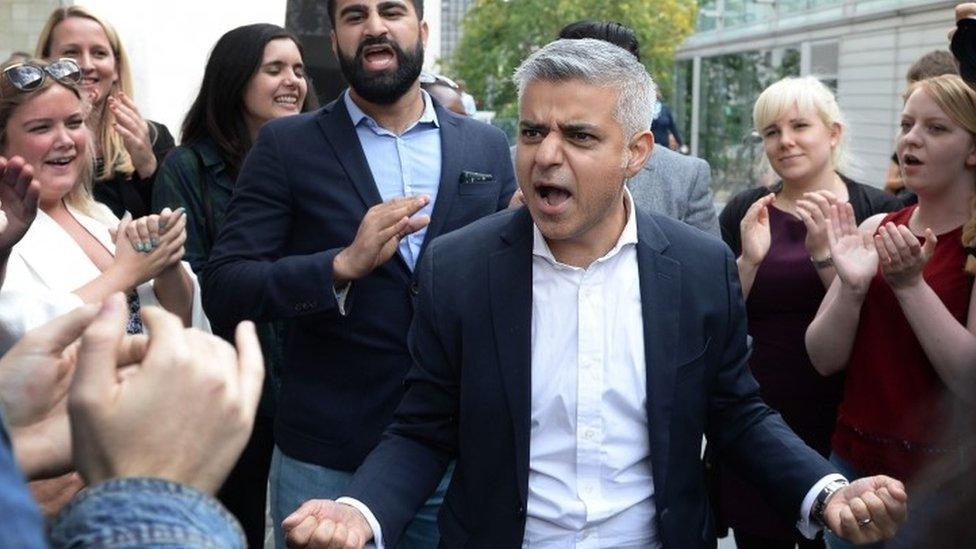
- Published2 October 2015
